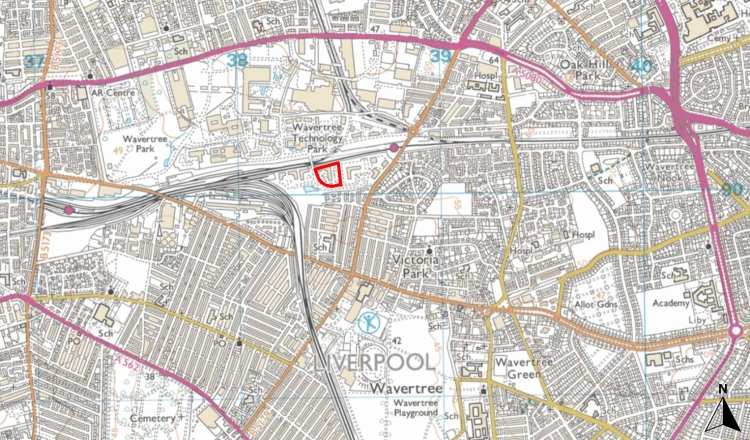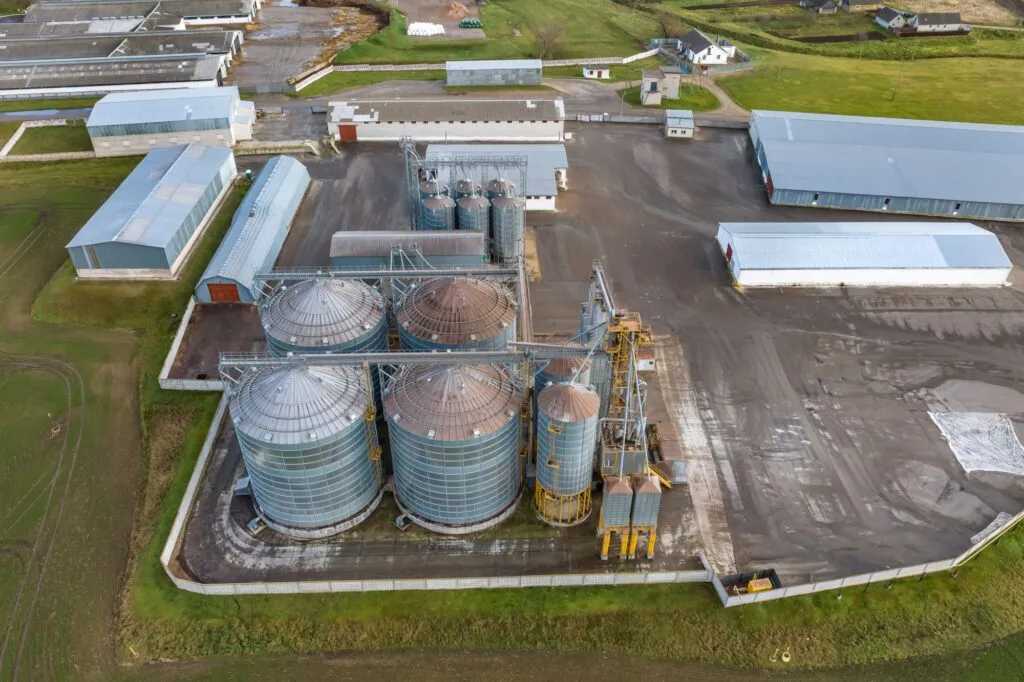

F-Gas Compliance
Client
Scottish Events Campus
Location
Scotland
Arthian was approached by an events company following an external audit that had identified a non-conformance related to F-Gas management. The client required expert support to develop a compliant and user-friendly F-Gas register to help meet regulatory obligations and improve internal management.
The company operates three major event venues, each housing a significant volume of F-Gas containing equipment, including air conditioning units, chillers, coolers, and refrigerated storage rooms. These assets are serviced and maintained by multiple contractors, adding complexity to the management and documentation of F-Gas compliance. Although the client maintained an Asset Register, it included equipment owned and operated by an external catering business (equipment outside the client’s direct control), creating uncertainty around compliance responsibilities and accountability.

The Solution
Arthian conducted a thorough review of all available documentation, including existing asset registers, service and maintenance records, and contractor reports. The fragmented nature of F-Gas data presented challenges, so to ensure accuracy an experienced Arthian consultant attended the site in person to gather missing information and verify details directly. This hands-on approach ensured the accuracy and completeness of the final F-Gas Register.
Arthian developed a bespoke F-Gas Register tool, with dedicated tabs for each venue, allowing for clear asset division and easy navigation. The register was designed to be both intuitive and practical, capturing all key data needed to demonstrate regulatory compliance. It detailed information such as the type of refrigerant gas, its Global Warming Potential (GWP), and the quantity of gas within each unit, which together were used to calculate the tonnes of CO₂ equivalent (tCO₂e). This data allowed the client to clearly identify leak test requirements and ensure that testing was being completed at the appropriate frequency in line with statutory obligations. In line with good practice ISO 14001 life cycle approach to environmental aspects and impacts, the register also incorporated end-of-life downstream considerations for refrigerant disposal.
By integrating maintenance records, leak test requirements and results, refrigerant additions and recoveries, and service company certification details, the register provides a single source for compliance, maintenance planning, and environmental reporting. This approach not only resolved the original non-conformance but also equipped the client with a robust and future-proof tool for ongoing compliance management.
Our Latest Projects
Get in Touch
We’d love to hear from you – whether you have a question, a project in mind, want to explore job opportunities, or just want to say hello.

